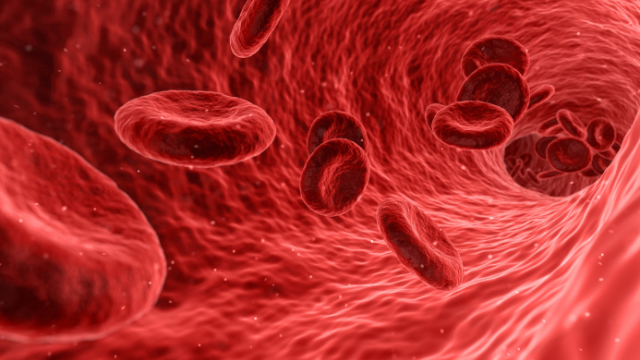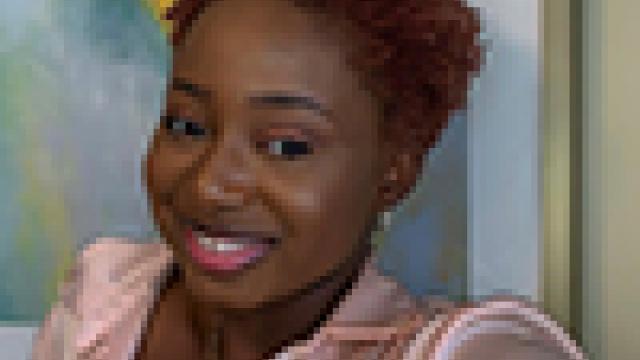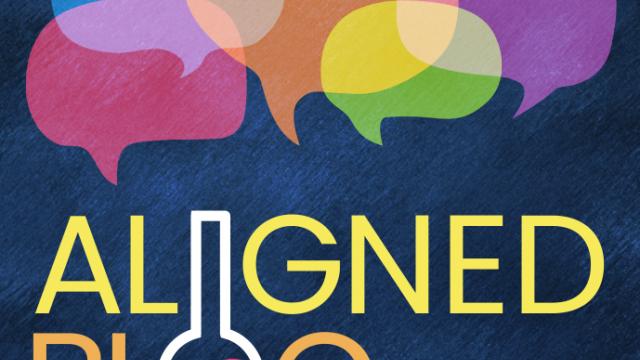
Bailey Johnson, CCR postbaccalaureate fellow
Bailey Johnson is a postbaccalaureate fellow in the lab of Kandice Tanner, Ph.D. Her research interests are focused in finding solutions to address cancer and healthcare disparities in medically underserved communities. For this Black History Month Q&A, she discusses her research journey, personal goals and advice for the next generation of students of color.
- Why did you choose to come to CCR for your fellowship?
During middle and high school, I volunteered with my father, who was a civic leader and advocate for marginalized populations. We worked in medically underserved communities, which included uninsured or unemployed people, rural and inner-city populations, and people with low levels of education and socioeconomic status. My journey toward CCR originated with my attempts to understand the disproportionate burdens of certain diseases, especially cancers, among these populations.
During my summer internship in Dr. Tanner’s lab, I was rigorously exposed to the successes and challenges of real-world oncology research, which solidified my long-term goal to be a part of the solution. Upon graduation, I was offered a full-time role as a postbac and became absorbed in biomedical, oncology and drug translational medicine research.
- How would you describe your fellowship experience at CCR?
My experience at CCR has been crucial in helping me develop into a global cancer researcher. I have been exposed to high-caliber international thought leaders, amazing collaborations and the best mentorship one could dream of. My time at CCR taught me investigative and analytical skills and gave me the chance to explore alternative perspectives that one cannot get from a book.
- What is it about science that motivated and intrigued you to pursue/enter the field? What mark would you like to leave on the world?
I like that science and the field of medicine provided me with the opportunity to be a lifelong learner in an intellectually stimulating career. As a researcher with an interest in global health, I get to interact with different kinds of people and disciplines every day. Global scientific and medical research not only gives me opportunities to explore and understand the world but allows me to interact with different kinds of people and disciplines while improving health worldwide.
- What would you tell prospective CCR fellows?
Utilize all the tools CCR, the Office of Intramural Training & Education and NIH have to offer. I have been fortunate enough to participate in journal clubs, attend diverse lectures and connect with fellow researchers. Through each of these experiences, I have been able to develop my network of unique intellects, deeper critical thinking skills and a better understanding of my current research and other science fields.
- What advice would you give to the next generation of students of color thinking about a career in science?
Stay focused and confident in yourself and your abilities. Be insatiable about absorbing knowledge. Pursuing a career in STEM comes with a plethora of challenges and setbacks with occasional wins, but one has to remember that to succeed, you must be able to learn from mistakes and failures.
- Perhaps even earlier, how can kids be encouraged to pursue STEM studies and careers? Do you know of any specific STEM inclusion initiatives that others may find beneficial?
The most important thing is exposure to STEM. Without exposure, there is no basis for kids to know the possibilities. Teachers, coaches and families must encourage kids to pursue STEM by applauding curiosity and supporting observation, as well as emphasizing creativity, problem-solving and communication. With early exposure, kids can see that STEM is medical, but also administrative, political, engineering, technological and research-based.


